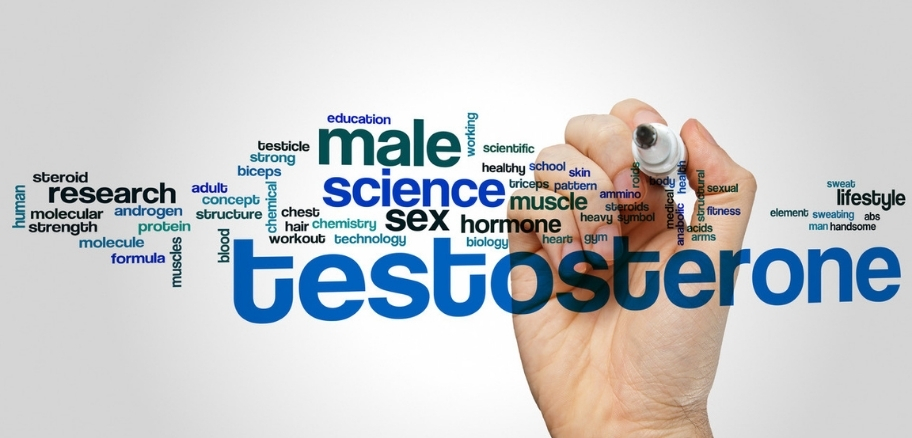Testosterone Myths and Misconceptions; BUSTED PART 3
category: Testosterone

Welcome back to Testosterone Myths and Misconceptions; BUSTED Part 3. If you missed part 1 and 2, start here.
The goal of this blog series is to debunk some of the common, false ideas about testosterone replacement therapy (TRT). We believe men should have the option to tap into more youthful, healthy living. These testosterone myths BUSTED should give you a good start on digging into the truth about TRT.
Myth: Testosterone therapy is a fad, experimental, pseudo medicine, etc.
Truth: Testosterone therapy is and has been the standard medical treatment for men suffering from low T symptoms and/or clinical testosterone deficiency for more than 70 years.
There is an abundance of research that shows testosterone therapy provides substantial benefits with reasonable, manageable associated risk.
As with all areas of science and medicine, we learn more and more as time goes on. This means the medical providers who specialize in TRT are constantly learning and evolving to provide the best protocols for their patients as individuals.
Myth: Testosterone therapy causes prostate cancer
Truth: Thankfully, this is simply not true. The thought that TRT increases risk of prostate cancer is unfounded. It is not supported by evidence. Furthermore, there is now evidence that links low serum testosterone levels to aggressive prostate cancer. For men who have undergone treatment for aggressive prostate cancer, there is a lower rate of cancer reoccurrence if the patient receives testosterone therapy once cancer treatment is complete.
Large prospective longitudinal studies have found no association between endogenous androgen concentrations and prostate cancer risk. Meta-analyses of placebo-controlled T therapy trials have documented no increased risk of prostate cancer in men receiving T therapy. In men who received T therapy, there was no increased risk of high-grade disease. (Baillargeon J, Kuo YF, Fank X, Shahinian VB. Long-term expo- sure to testosterone therapy and the risk of high grade prostate cancer. J Urol. 2015;194(6):1612-1616 & Kaplan AL, Hu JC. Use of testosterone replacement therapy in the United States and its effect on subsequent prostate cancer outcomes. Urology. 2013;82(2):321-326.)
Myth: Low testosterone is a normal part of the aging process and isn’t necessary to be treated in older men.
Truth: Well, let’s put it this way: cardiac disease, obesity, adult cancers, diabetes and other comorbidities are more common with older age too. Does that mean we shouldn’t treat them? Of course not! Testosterone deficiency is an important medical condition affecting the health and well-being of men; the symptoms of low T result from low levels of testosterone regardless of whether an underlying condition is identified; the impact of testosterone deficiency is global; testosterone therapy is effective, rational, and evidence based.
Testosterone is a vital part of the health and well-being of a man. To avoid treatment based on age would be a disservice to the patient.
Our staff at Victory Men’s Health takes pride in staying up to date with the latest and proven means of therapy. Please reach out to learn more.
Further References
Wu FC, Tajar A, Pye SR, et al; European Male Aging Study Group. Hypothalamic-pituitary-testicular axis disruptions in older men are differentially linked to age and modifiable risk factors: the European Male Aging Study. J Clin Endocrinol Metab. 2008;93(7):2737-2745.
Abraham Morgentaler, MD (Chairman); Michael Zitzmann, MD (Cochairman); Abdulmaged M. Traish, PhD (writing group);
Anthony W. Fox, MSc, MD (writing group); T. Hugh Jones, MD (writing group); Mario Maggi, MD (writing group); Stefan Arver, MD; Antonio Aversa, MD; Juliana C.N. Chan, MD; Adrian S. Dobs, MD; Geoffrey I. Hackett, MD;
Wayne J. Hellstrom, MD; Peter Lim, MD; Bruno Lunenfeld, MD;
George Mskhalaya, MD; Claude C. Schulman, MD; and Luiz O. Torres, MD